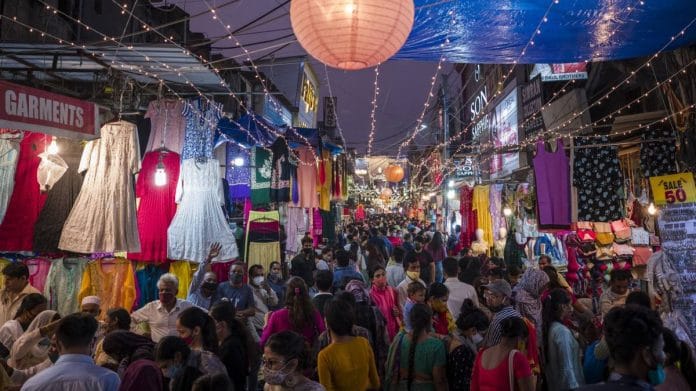Recently, K.J. Alphons, a Rajya Sabha member of the Bhartiya Janta Party introduced a private member bill to amend the Preamble of the Constitution. He was strongly opposed by many opposition MPs in his effort to do so. One of the changes he suggested was to replace the word ‘socialist’ with ‘equitable’. On the surface, it seemed to me like normal political news. But as I started to think deeper, I noticed a trend in Indian politics — one which threatens India’s chances to prosper.
I will try to explain the Indian society’s mentality through a short story. A man goes to the crab section of a zoo and there are crabs from different countries in different containers. Except for one, all containers are covered with lids. When the man asks the reason, the guide replies that the container belongs to India. He says that even if one crab tries to get out of it, the other ones keep pulling it down. So it does not require a lid to contain the crabs.
Anybody who is successful in terms of wealth is heavily judged by society. But the wealthy of this country are taxed to death and in some instances in the past, their assets were nationalised and taken over by the government.
Indian economy and distribution of wealth
Further, the government keeps pouring the hard-earned money of these businessmen in Public Sector Undertakings (PSUs) with uncountable non-performing assets (NPAs). Any inching away from Socialism and towards Capitalism is heavily opposed by the people. Steps to privatise unprofitable PSUs have also led to severe criticism. Generally, a free market with less government control leads to a successful economy. But there are no attempts to do so, and if any arise, they are strongly opposed and are said to be ‘anti-poor’ and are shelved.
A classic example is when former CEA claimed that the corporate tax cut that came in 2019 was supposed to come early in Prime Minister Narendra Modi’s term, but was shelved after Rahul Gandhi in the parliament called the Modi government, ‘Suit Boot ki Sarkar’. The government then spent the rest of the term trying to prove that they are not ‘anti-poor’. In India, the last thing you want to be seen as is a government for the rich, for the corporates and favouring the private sector. The electoral record for the people who tried to bring economic reforms hasn’t been that good. P.V Narasimha Rao and Atal Bihari Vajpayee’s losses in 1996 and 2004 respectively are examples of this.
Liberalising the economy and letting go of bureaucratic stranglehold is the only way forward. Profit drives people to their best and incentivises them to work harder and also leads to more production. Thanks to the wonderful economic reforms passed by the P.V Narsimha Rao-led government and tailored by Manmohan Singh, we are able to use products from companies from all around the world. Thanks to them, multinational companies are coming into India and employing by the thousands. Thanks to them, India did not collapse economically. I would like to end with a quote from PM Modi, ‘The government has no business to be in business.’
The author is a student at Delhi Public School, RK Puram. Views are personal.







